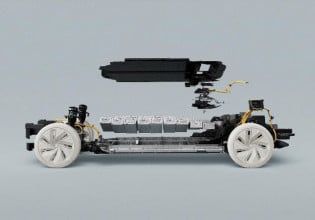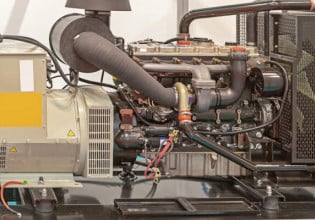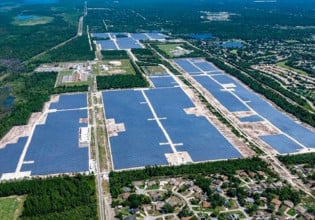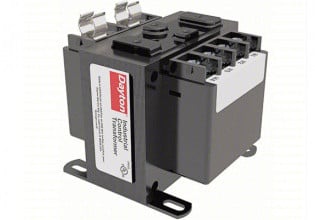Nano-C, Inc. has completed an $11.5 million round of funding, with a final tranche of $3 million in the form of an equity investment from Ray Stata. Ray is a co-founder and current chairman of Analog Devices.
Nearly every industry today is looking to leverage new materials to drive the next wave of innovative products from electronics and solar power to medical devices, automotive and more. Building on technology conceived at MIT, Nano-C's family of nanostructured carbon materials and chemicals—carbon nanotubes, spherical forms of carbon known as fullerenes and functionalized materials — are propelling this wave.
Customers, working in partnership with Nano-C, have already incorporated these materials and are getting ready to launch exciting new products based on Nano-C's unique materials.
"New materials are the key to unlocking future innovation in many markets because they possess qualities traditional materials cannot deliver," said Ray Stata. "When you look at the markets and applications that Nano-C can impact, it's easy to see the opportunity this company has for growth. I am delighted to be a part of their future."
Viktor Vejins, President and CEO of Nano-C, went on to say, "All of our customers are positioned to become leaders in their industries because they can leverage the power of our material solutions, which are vital to their success. We are excited that Ray will join the Board as an Observer. We look forward to his advice and guidance as we continue to grow our business."
Nano-C will use this new capital to expand its support to existing and future customers. The funds will also enable Nano-C to implement an initial increase in production and staffing at its Westwood, MA, factory to meet the growing demand for its materials.
"The growth of Nano-C's applications portfolio has been nothing short of remarkable," says Chris Cheever, co-founder of venture firm Fontinalis Partners. Cheever joined Nano-C's board of directors after the firm invested $3 million in 2012. "We are excited to see the acceleration in Nano-C's commercial traction."
Wide Range of Markets for Nano-C Materials
Nano-C's materials are being deployed in a wide range of markets. Below are just a few of the applications using Nano-C technology today:
- Next Generation Memory - Nantero is using Nano-C's carbon nanotubes in its new non-volatile random access memory (NRAM) chips, which are expected to have the read-write speeds of today's DRAM with far lower power consumption. Highlighting its strong industry support, Nantero recently disclosed that its key strategic investors include Cisco Investments, Dell Technologies Capital, Kingston Technology Corporation, CFT Capital, and Schlumberger. Fujitsu confirmed its plans to be first to market with NRAM products in 2019.
- Photovoltaic Devices - The Performance Materials Division of the German industrial giant Merck KGaA, Darmstadt plans to put a custom small molecule developed at Nano-C into polymers for flexible organic photovoltaic (OPV) devices. In addition, three commercial device plants are becoming operational—one of which is sold-out ahead of its completion. Supply contract negotiations between Nano-C and OPV device manufacturers are underway.
- EUV Photo-Resist - Birmingham, UK-based Irresistible Materials is using Nano-C's molecules for a new type of photoresist that will make possible the semiconductor industry's advance to the N5 node via EUV lithography, keeping Moore's Law on track. Leading memory and logic chipmakers are targeting pilot-scale trials of these materials in 2018/2019.
- Display Materials - Nano-C has been working with a display manufacturer to qualify Nano-C's patented transparent carbon nanotube films, including its patented concept to "reinforce" conventional ITO. Initial tests with a commercial ITO film manufacturer show over a 30x improvement in mechanical durability. As it is virtually a drop-in replacement to conventional ITO with comparable cost, commercialization rates can be greatly sped up.






